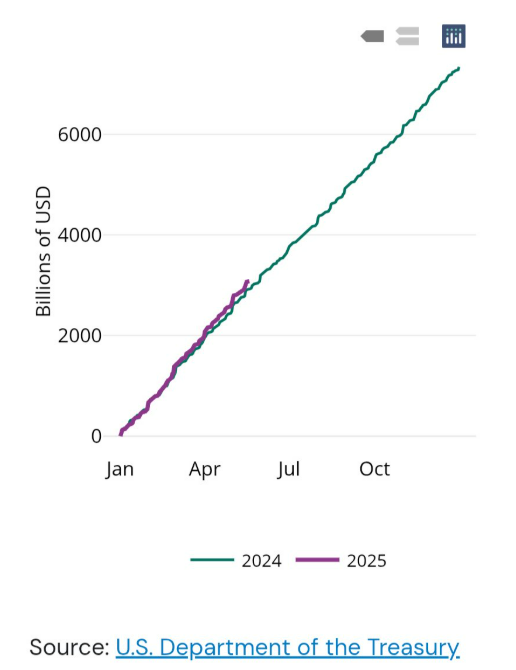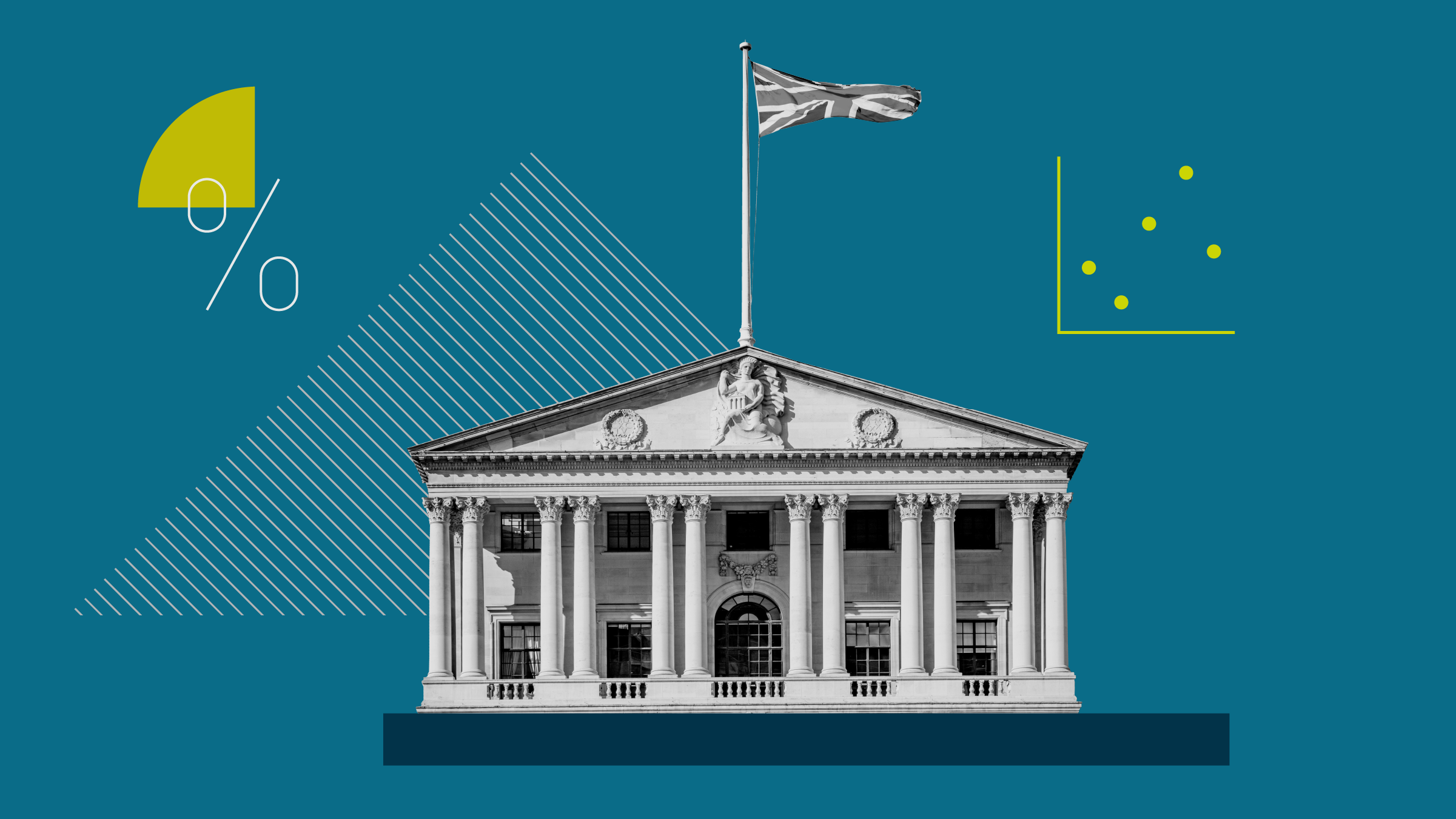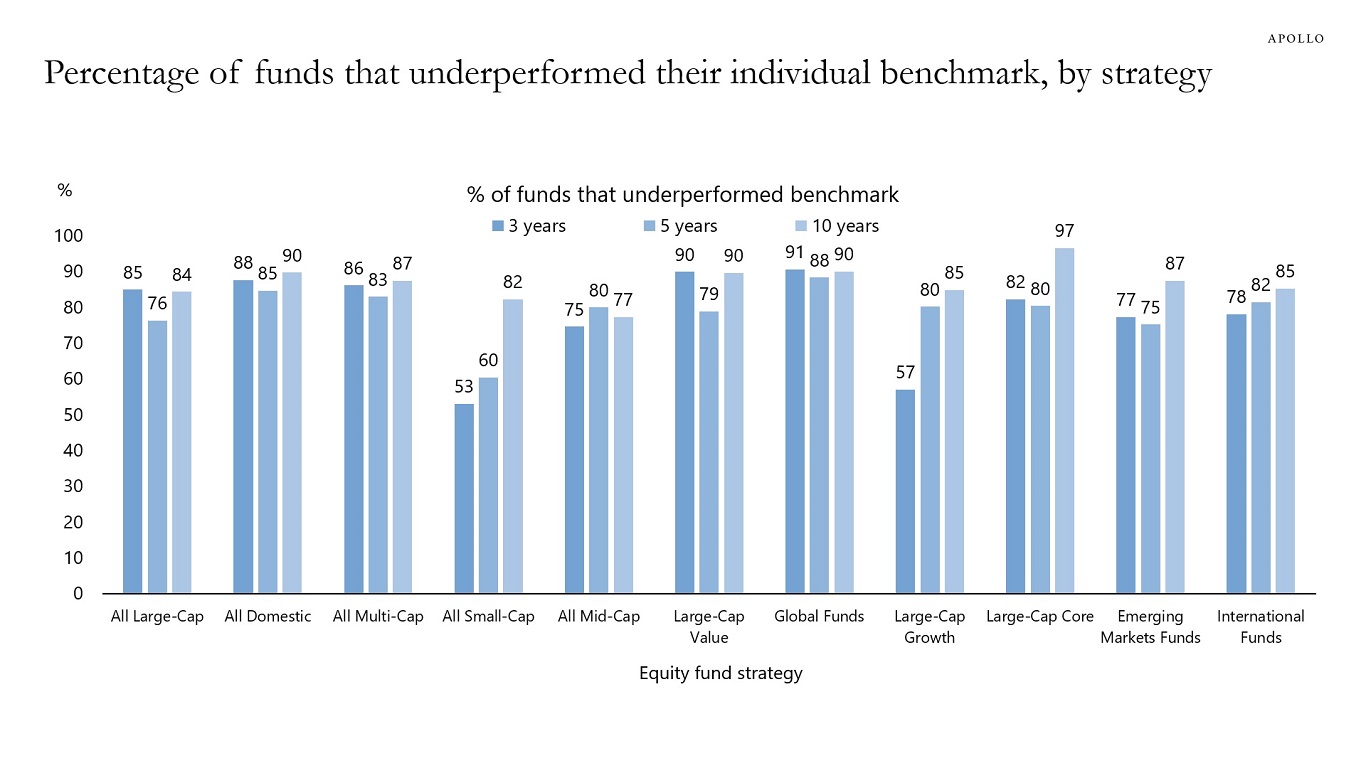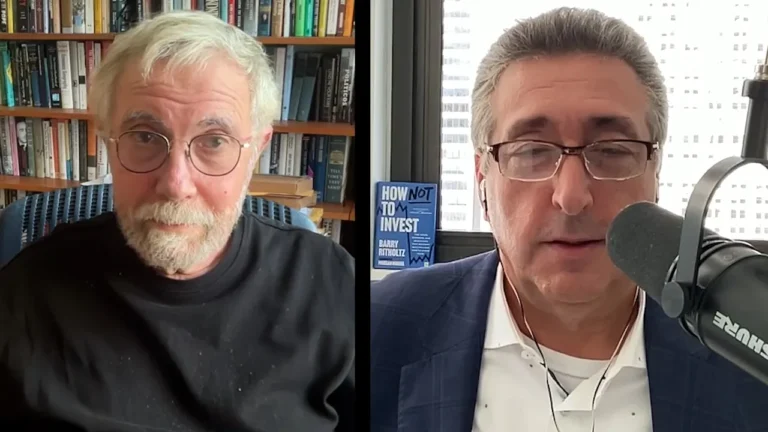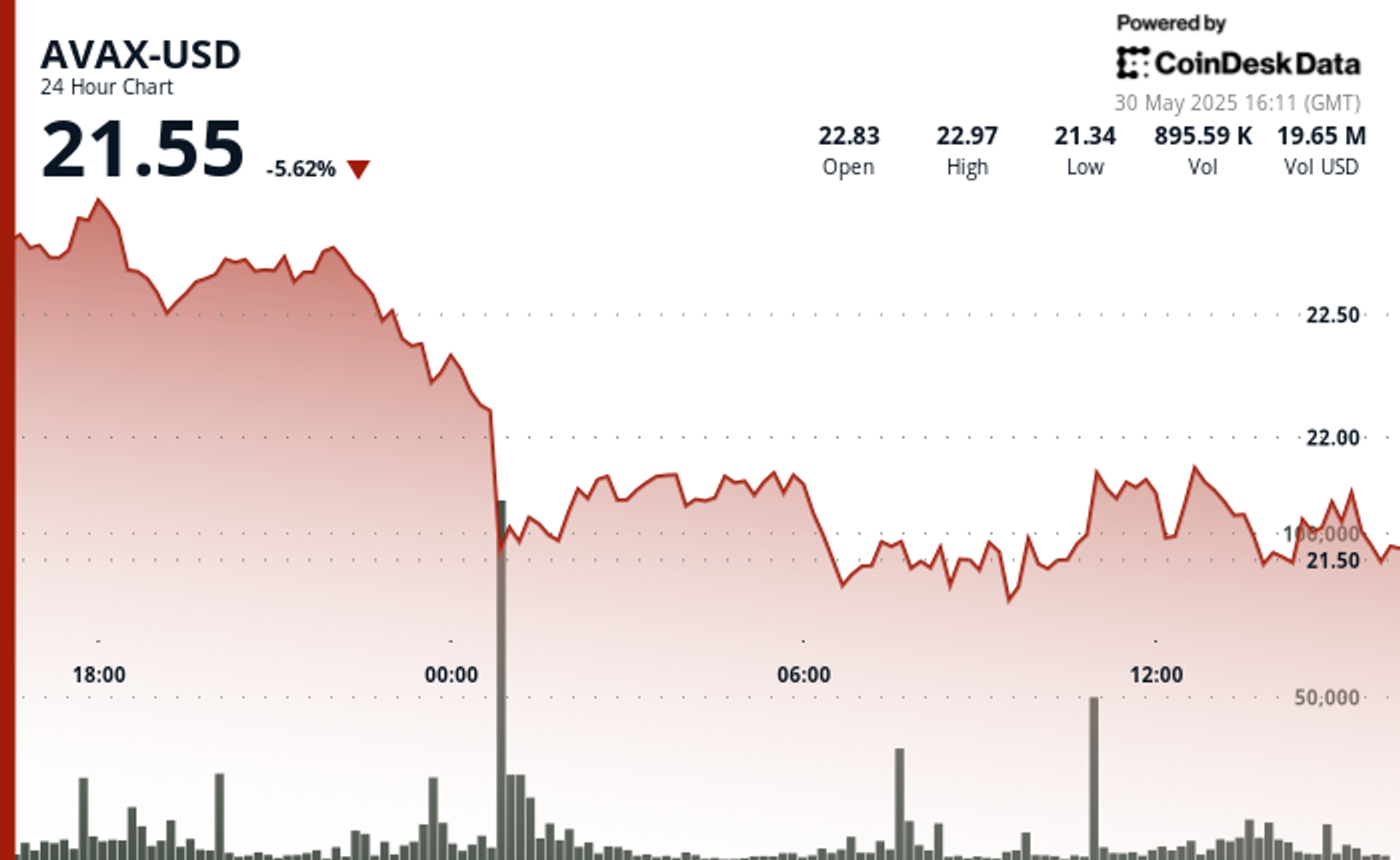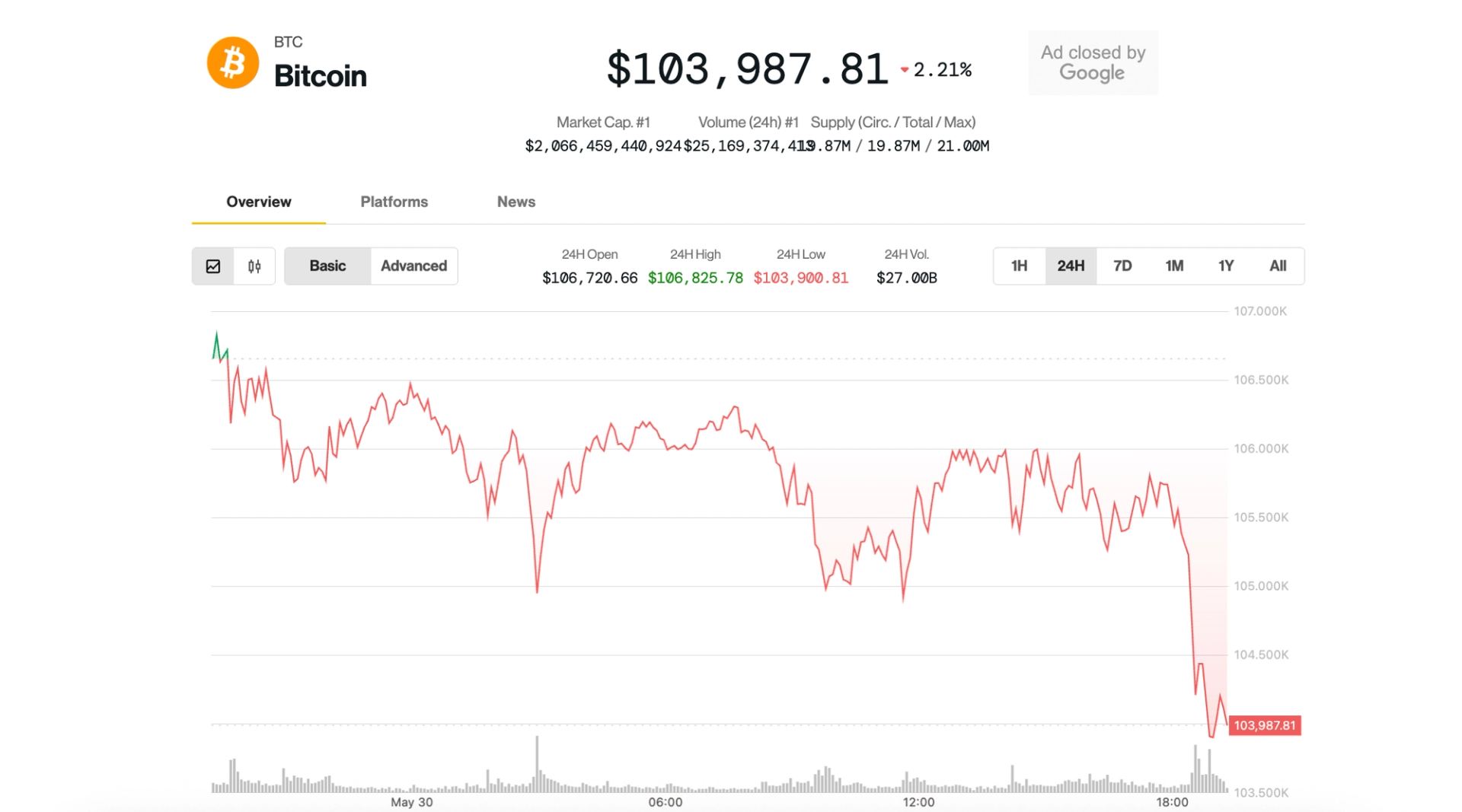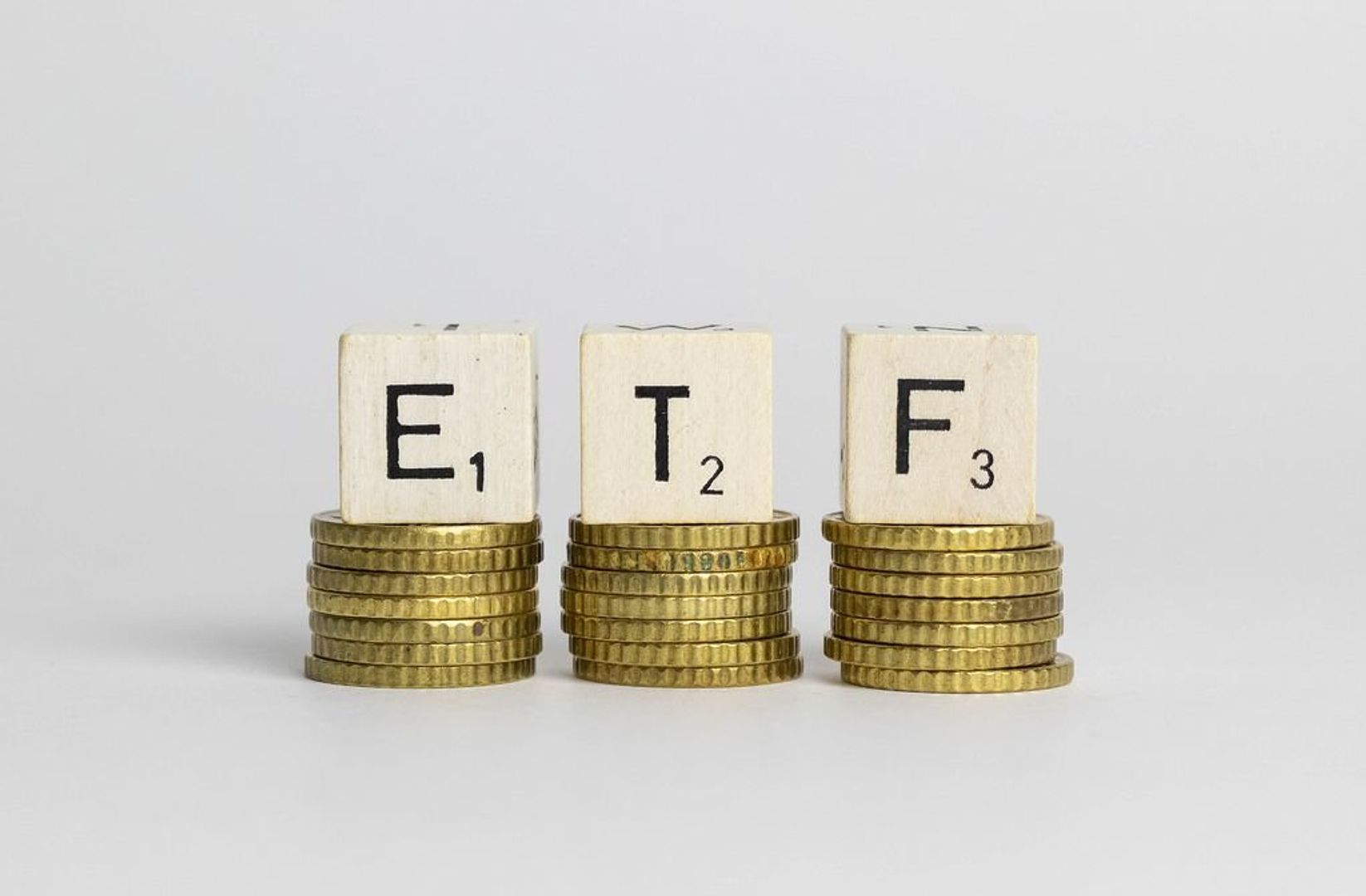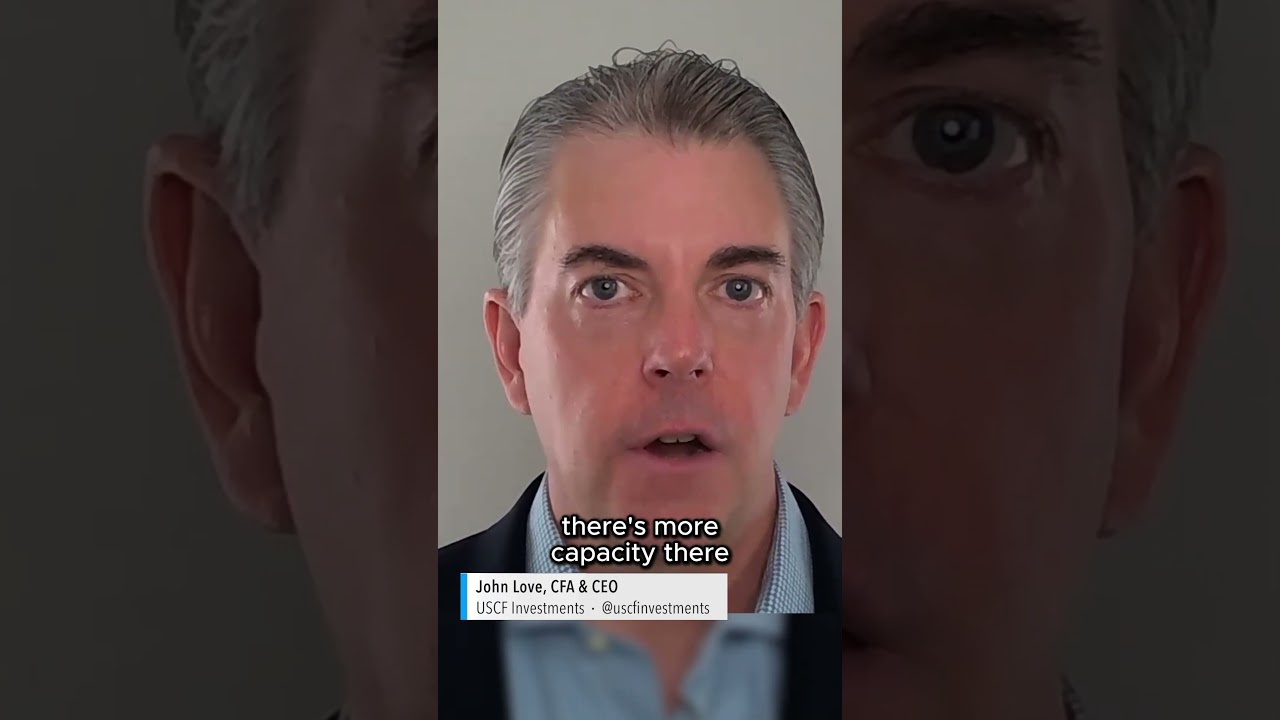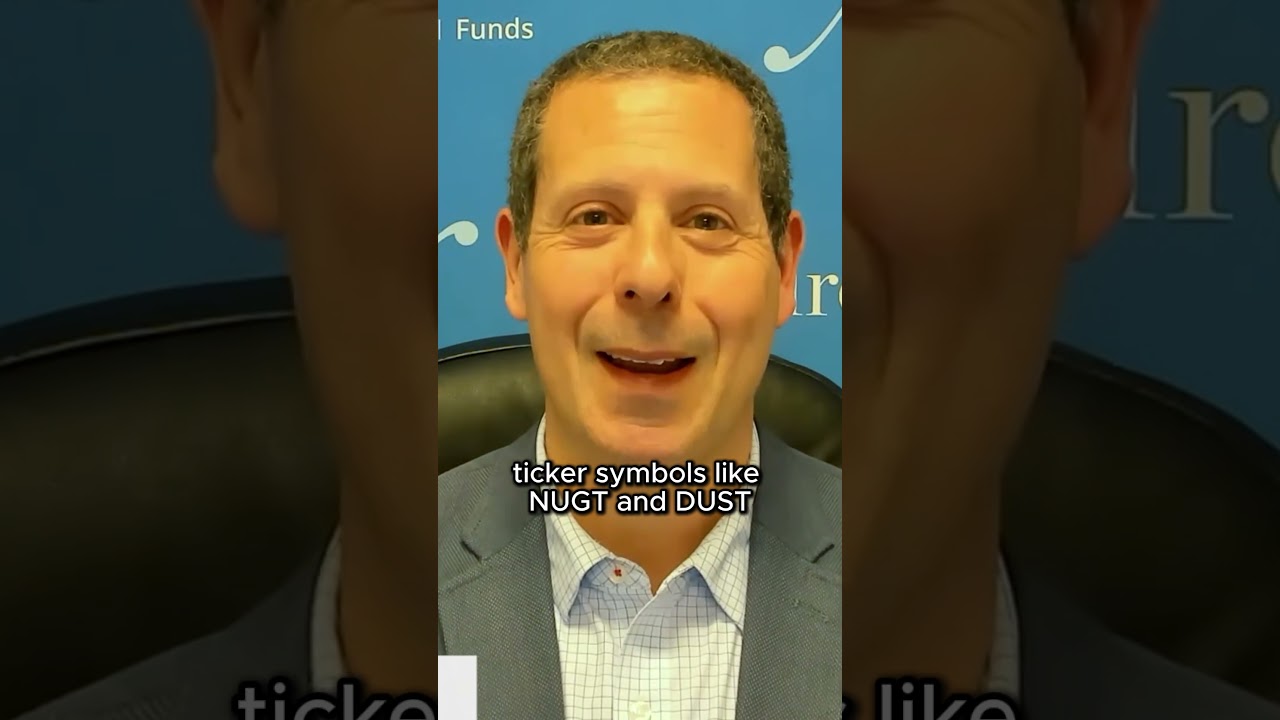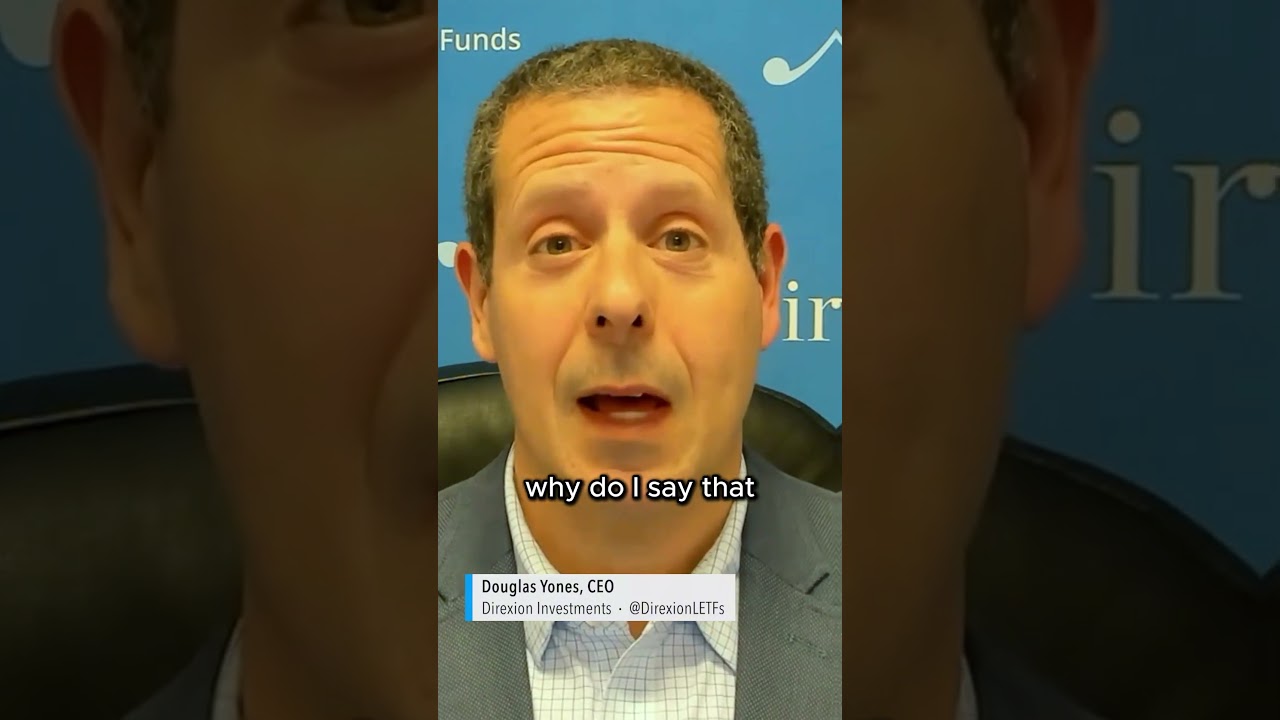How I Achieved A 132 Point Credit Score Transformation
Having a not-so-great credit score may not be something that bothers you on a regular basis. But when it stops you from being able to afford the things you want, that’s when it can become a real issue. In this Reddit post, we have someone whose credit score was stuck at 535 for a period […] The post How I Achieved A 132 Point Credit Score Transformation appeared first on 24/7 Wall St..

Key Points
-
A Reddit user managed to boost their credit score from 535 to 667.
-
Now, they’re able to afford their dream car.
-
With the right strategy, you, too, can boost your credit score so you’re able to borrow money affordably and qualify for terrific credit card offers.
- Did you know some credit cards can actually help you get OUT of debt faster? The secret: using a card with a ‘0% Intro APR‘ period (not all do, but theses ones are top picks from the editors at FinanceBuzz). The math is straight forward, and can save you hundreds, thousands, even tens of thousands of dollars if used correctly. Find the right card for you by clicking here.
Having a not-so-great credit score may not be something that bothers you on a regular basis. But when it stops you from being able to afford the things you want, that’s when it can become a real issue.
In this Reddit post, we have someone whose credit score was stuck at 535 for a period of time, and that was impeding his financial goals. Through hard work, he was able to raise his credit score to 667. And as a result, he was just approved to finance his dream car.
Clearly, this poster should be proud of their accomplishments. But you should know that if poor credit is stopping you from meeting a financial goal, then you, too, have an opportunity to boost your score substantially like the poster did. Here’s how.
Pay all debts on time
There are different factors that go into calculating your credit score. But there’s none that carries more weight than your payment history.
Your payment history tells lenders whether you pay your debts on time or are chronically late or delinquent. And that’s important.
If you were loaning $500 to a friend with a history of blowing off debts, would you feel secure doing so? Probably not. But if you know that friend is good with money, you’d probably feel better about making that loan.
Similarly, lenders and credit card issuers feel more secure loaning money or extending lines of credit to borrowers with a solid payment history. So if you establish a pattern of paying debts on time, you can boost your credit score significantly.
Pay close attention to errors on your credit report
You’d probably rather spend your free time reading a magazine or a novel than reading through your credit report. But here’s the good news. It doesn’t take very long to review your credit report. And doing so regularly could be your ticket to a higher credit score.
It’s not all that uncommon for a credit report to contain an error. But if there’s an error that’s unfavorable, it could be dragging your credit score down.
Take a look at your credit report from each bureau — Experian, Equifax, and TransUnion. If you see a mistake, like a delinquent debt you’re current on, that’s the sort of error you should correct by contacting the bureau in question. Resolving credit report errors could lead to a higher credit score.
But don’t just check your credit report once. Do it on a regular basis. A good idea is to pull your credit report from each bureau every three months and give it a close read.
Use your credit cards strategically
You’ll often hear that using credit cards could wreck your credit score. And that’s true — if you don’t manage your credit cards wisely, your credit score could tank. But when managed strategically, the right credit cards could actually help you boost your credit, not to mention put cash back or rewards in your pocket for the things you were already going to buy.
If you’re looking to boost your credit score, check your credit card balances relative to your total credit limit. If they’re above 30%, try to whittle them down. Using less of your available credit could help your credit score improve.
So for example, say you have a $10,000 credit limit across all of your cards. If you owe $4,500 now but manage to pay off $2,000 by working a side gig and cutting your spending, your credit score could improve by virtue of that smaller total balance.
Another important thing to do is keep long-standing credit cards open. Your credit history also plays a big role in calculating your credit score. If there’s a credit card you’ve had for 10 years, it pays to keep it open and current even if it doesn’t have the best rewards program.
In that case, put a small recurring charge on that card so it stays open, and then use your credit cards with better perks for the bulk of your purchases. If you keep that long-standing account open, it could lead to a better credit score — and more borrowing options for you.
The post How I Achieved A 132 Point Credit Score Transformation appeared first on 24/7 Wall St..
































































